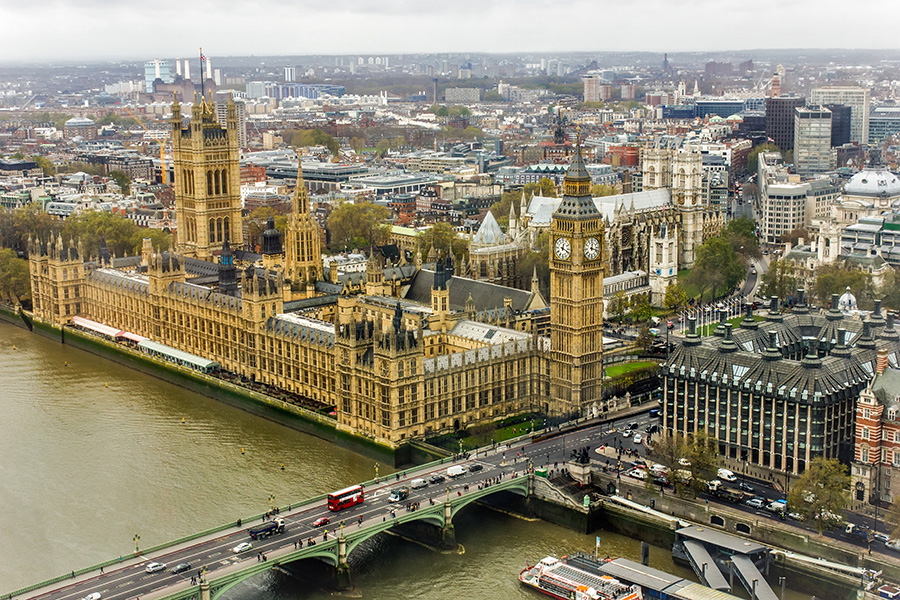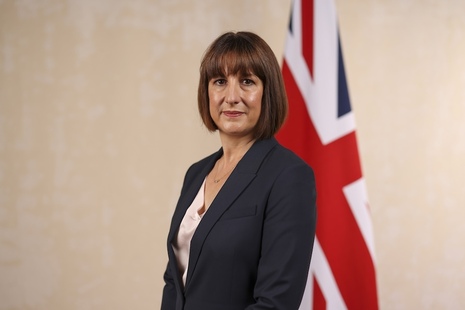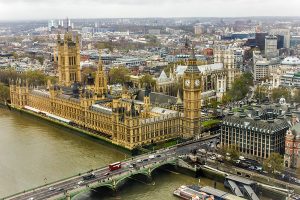British online gambling sector fears steep tax hike in UK Autumn Budget

Gambling operator stocks ended down after news of proposals to raise remote gaming duty to as much as 50 per cent.
UK.- Gambling stocks were hit yesterday (Monday) after news emerged of a proposal to raise tax on British online gambling. The Guardian reported that an increase in remote gaming duty is “definitely on the map” after two think tanks submitted separate proposals to Chancellor of the Exchequer Rachel Reeves suggesting means to reduce the UK’s claimed public finance deficit of £22bn.
The first proposal, from the Institute for Public Policy Research (IPPR), suggests that the UK Treasury double the tax rate on the “higher-risk segments” in the gambling industry, including online casinos, slots, and sports betting. The think tank suggests that the move would raise £2.9bn next year and up to £3.4bn by 2030. It also argues that the “polluter pays principle” would provide an incentive for operators to promote lower-risk gaming products.

Meanwhile, a proposal from the Social Market Foundation (SMF) suggests that taxes on all online gambling be doubled from 21 per cent to 42 per cent to raise an estimated £1bn a year.
The industry lobby group the Betting and Gaming Council (BGC) has warned that “comparable markets abroad, which have imposed draconian regulations and disproportionate tax regimes, have seen a spike in illegal black-market gambling.”
The likely increase in the tax on gambling in the UK follows similar moves in other markets. The Netherlands recently confirmed a phased increase in gambling tax. The tax rate will be hiked from 30.5 per cent to 34.2 per cent in 2025 and to 37.8 per cent in 2026. The government said the phased approach was intended to give operators time to adjust to the new system. Meanwhile, the current tax on customer winnings of over €449 will be scrapped.
Reeves is due to announce the UK government’s Autumn Budget on October 30. The government has vowed not to hike income taxes, VAT or national insurance costs for working people or small businesses but said that measures would be taken to make up for a claimed £22bn deficit, possibly including an increase in capital gains tax, inheritance tax or the removal of tax-free cash allowances for pension funds.
Meanwhile, the UK government’s Department of Culture, Media and Sport has estimated that the Covid-19 pandemic cost the country’s gambling sector £1bn in lost economic output. The revised estimate is based on updated data tracking the sector’s activity from 2011 to 2021.
The DCMS measures economic output through Gross Value Added (GVA) output, employment, earnings and productivity. However, it said that there are technical limitations to its figures.











